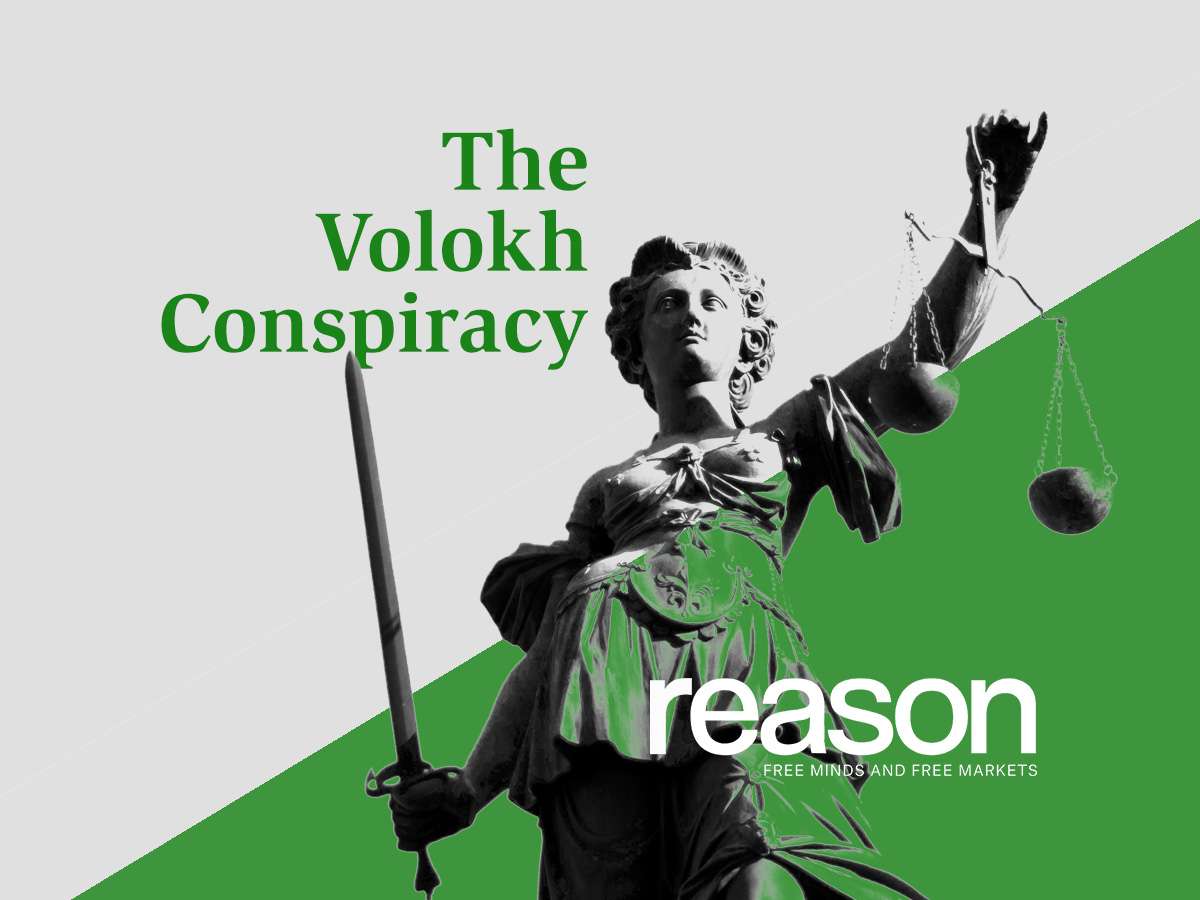It plainly isn't wrong. From here:
How federal law draws a line between free speech and hate crimes
'But while the Constitution gives latitude to hate speech and offensive rhetoric,
court decisions in the last century have carved out notable — though narrow — exceptions to free speech guarantees and authorized prosecution for language deemed to fall out of bounds.
Comments intended as specific and immediate threats brush up against those protections, regardless of a person’s race or religion. So do personal, face-to-face comments
meant to incite imminent lawlessness, such as a riot.'
And here:
Know Your Rights: Free Speech, Protests & Demonstrations | ACLU of Northern CA.
'The First Amendment protects your right to express your opinion, even if it's unpopular. You may criticize the President, Congress, or the chief of police without fear of retaliation.
But this right doesn't extend to libel, slander, obscenity, "true threats," or
speech that incites imminent violence or law- breaking.'
And here:
When Can Speech Be Punished? A Primer on Unprotected Incitement to Violence - National Coalition Against Censorship
'Speech which is merely offensive is always protected by the First Amendment. However, some types of speech which are often conflated with “hate speech,”
but which go beyond expressions of opinion can, in limited circumstances, be unprotected by the First Amendment.
That couldn't be clearer. Hate speech that incites violence will get you in a lot of trouble. Your only argument seems to be that Walz mentioned hate speech, but hey, the legal definition of hate speech isn't necessarily codified and you think it shouldn't be conflated with speech that incites violence.
Well, you hold onto that, because it's the only argument you've got. If it was worth any more of my time, I might have to keep repeating myself. But it's not, so I won't.
You either don't understand the First Amendment, or are being deliberately dishonest
Let me make clear:
1. "Hate speech" laws are NOT the same thing as hate crime laws. The article you post above conflates these two things. Here is a nice summary from wikipedia (hardly a right-wing source) on this:
"
Hate speech in the United States cannot be directly regulated by the government due to the
fundamental right to
freedom of speechprotected by the
Constitution.
[1] While
"hate speech" is not a legal term in the United States, the
U.S. Supreme Court has repeatedly ruled that most of what would qualify as
hate speech in other western countries is legally protected speech under the
First Amendment. In a Supreme Court case on the issue,
Matal v. Tam (2017), the justices unanimously reaffirmed that there is effectively no "hate speech" exception to the free speech rights protected by the First Amendment and that the U.S. government may not discriminate against speech on the basis of the speaker's viewpoint"
and:
"Speech that demeans on the basis of race, ethnicity, gender, religion, age, disability, or any other similar ground is hateful; but the proudest boast of our free speech jurisprudence is that we protect the freedom to express "the thought that we hate."
United States v. Schwimmer, 279 U. S. 644, 655 (1929) (Holmes, J., dissenting)"
2. "Hate speech" is NOT "fighting words" or direct threats --no one has ever suggested that save for people who don't understand the law
you say "Hate speech that incites violence will get you in a lot of trouble."
and again I say, as in the above, THERE IS NO SUCH THING AS "HATE SPEECH" IN THE CONSTITUTION OR FEDERAL LAW --that is not a concept, a thing, etc. in jurisprudence. It is a left-wing term with no basis in legal reality
3. There is NO exception for "disinformation" or "misinformation" in the First Amendment. Telling someone the election is Tuesday and not Wednesday is not illegal. Posting on the Internet that the Earth is flat, or vaccines are dangerous is protected speech
Your claim, and Walz's assertion, that speech involving elections can be controlled is 100% FALSE. Federal election interference laws state "Whoever intimidates, threatens, coerces, or attempts to intimidate, threaten, or coerce, any other person for the purpose of interfering with the right of such other person to vote" --misinforming people is NOT intimidation, and no judge would support that interpretation
your ignorant and nonsensical take seems to be "some exceptions exist to freedom of speech, therefore all exceptions are justifiable, and we can start arresting people for expressing things I don't like" --that is literally what you are saying
when I was a kid, we had Civics and Constitution classes: we all understood what the Bill of Rights says. Now people get their legal opinions from MSNBC and idiots like Tim Walz



